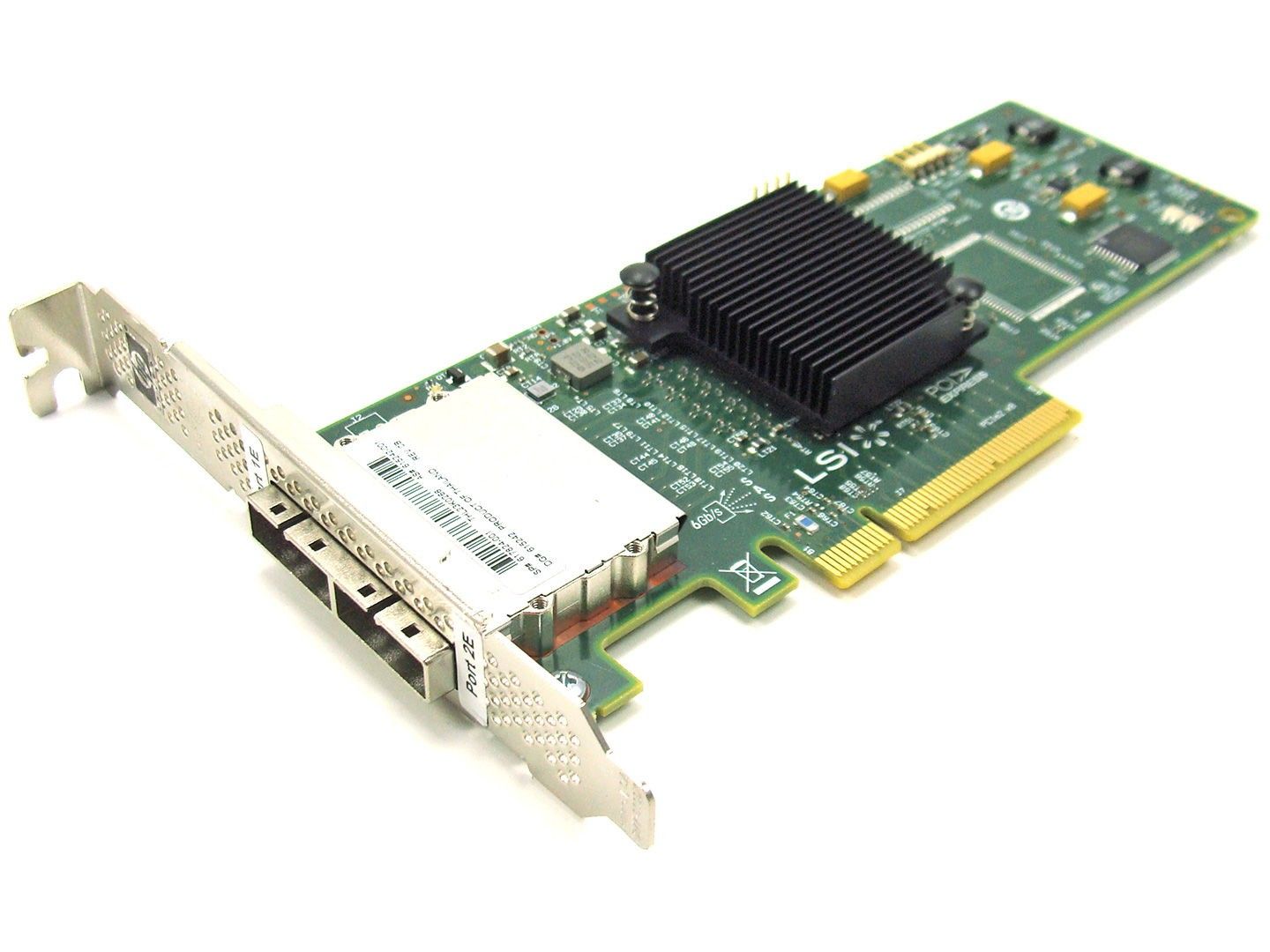

Articles
What Is A Host Bus Adapter
Modified: October 20, 2024
Learn all about host bus adapters in our informative articles. Find out what they are and how they work to enhance data transfer in computer systems.
(Many of the links in this article redirect to a specific reviewed product. Your purchase of these products through affiliate links helps to generate commission for Storables.com, at no extra cost. Learn more)
Introduction
In today’s highly connected and data-driven world, the demand for efficient and reliable data storage and transfer has become crucial for businesses and individuals alike. One of the key components that enable this seamless data flow is the Host Bus Adapter (HBA).
A Host Bus Adapter, also known as an HBA, is a hardware device used in computer systems to connect different types of storage devices, such as hard disk drives and solid-state drives, to the system’s bus or network. It acts as an interface between the computer’s I/O bus and the storage devices.
The primary function of a Host Bus Adapter is to facilitate the transfer of data between the computer’s memory and the storage devices. It achieves this by converting the data from the I/O bus format to a format that can be understood by the storage devices and vice versa.
Host Bus Adapters play a critical role in ensuring the efficient and reliable transfer of data between the computer and the storage devices. They are particularly essential in environments where large amounts of data need to be processed and transferred quickly, such as data centers and high-performance computing systems.
Over the years, Host Bus Adapters have evolved to keep up with the increasing demands of data-intensive applications and technologies. Today, there are various types of Host Bus Adapters available, each catering to specific needs and requirements.
In the following sections, we will explore the different types of Host Bus Adapters, their functions, advantages of using them, common applications, and factors to consider when choosing a Host Bus Adapter.
So, whether you are an IT professional looking to upgrade your storage infrastructure or simply curious about how data is transferred in computer systems, this article will provide you with a comprehensive understanding of Host Bus Adapters and their significance in modern computing.
Key Takeaways:
- Host Bus Adapters (HBAs) are essential hardware devices that bridge the gap between computer systems and storage devices, ensuring seamless data transfer, enhanced performance, and increased reliability in modern computing environments.
- When choosing a Host Bus Adapter, consider factors such as compatibility, performance, scalability, RAID support, management capabilities, support and compatibility, budget, and future-proofing to optimize storage infrastructure and meet specific needs effectively.
Read more: What Is An Adapter
Definition of Host Bus Adapter
A Host Bus Adapter (HBA) is a type of hardware device that allows a computer system to connect and communicate with various storage devices. It acts as a bridge between the system’s bus or network and the storage devices, allowing for the transfer of data between them. The Host Bus Adapter is typically installed in the system’s expansion slots, such as PCI or PCI Express slots, and serves as an interface for connecting storage devices such as hard disk drives (HDDs), solid-state drives (SSDs), and tape drives.
The Host Bus Adapter is responsible for converting the data from the computer’s I/O bus format to a format that can be understood by the connected storage devices. It handles tasks such as data transfers, error checking, and protocol conversion, ensuring seamless communication between the computer and the storage devices.
Host Bus Adapters are available in various form factors and connection interfaces to support different storage technologies. Some common interfaces include Fibre Channel (FC), Small Computer System Interface (SCSI), Serial Attached SCSI (SAS), and Peripheral Component Interconnect Express (PCIe).
One of the key features of a Host Bus Adapter is its ability to offload certain storage-related tasks from the computer’s main processor, reducing the workload on the CPU and improving overall system performance. This offloading capability is particularly valuable in high-performance computing environments where large amounts of data need to be processed and transferred quickly.
Host Bus Adapters also often include features such as RAID (Redundant Array of Independent Disks) support, which provides data redundancy and increased storage performance. RAID configurations can be managed and controlled through the Host Bus Adapter, allowing for efficient utilization of storage resources.
Overall, the Host Bus Adapter plays a crucial role in enabling the seamless and efficient transfer of data between a computer system and its storage devices. It ensures that data can be stored, accessed, and transferred reliably, making it an essential component in modern computing infrastructures.
Functions of Host Bus Adapter
A Host Bus Adapter (HBA) performs several important functions to facilitate the communication and data transfer between a computer system and its connected storage devices. These functions ensure the efficient and reliable operation of the storage subsystem. Let’s explore some of the key functions of a Host Bus Adapter:
Data Transfer: One of the primary functions of a Host Bus Adapter is to facilitate the transfer of data between the computer system and the connected storage devices. It ensures that data is transferred quickly and accurately, providing a seamless experience for users and applications.
Protocol Conversion: Host Bus Adapters support various storage protocols, such as SCSI, Fibre Channel, and SAS. They handle the conversion of data between the computer’s bus or network and the specific storage protocol used by the connected devices. This protocol conversion enables compatibility and interoperability between the system and different storage technologies.
Error Checking and Correction: Host Bus Adapters perform error checking and correction to ensure data integrity during transfer. They utilize error detection and correction algorithms to identify and rectify any data corruption or transmission errors that may occur during the transfer process.
Buffering and Caching: Host Bus Adapters often incorporate buffer memory and cache to optimize data transfers. The buffer memory helps to smooth out data flow between the computer system and the storage devices, reducing latency and improving overall performance. Caching, on the other hand, stores frequently accessed data in a faster cache memory, allowing for quicker retrieval of data and improving system responsiveness.
Device Management and Configuration: Host Bus Adapters provide tools and utilities for managing and configuring the connected storage devices. This includes tasks such as firmware updates, monitoring device health and status, configuring RAID arrays, and managing storage resources. The HBA acts as a central control point for managing the storage subsystem.
Offloading Processor Workload: One of the significant advantages of using a Host Bus Adapter is its ability to offload certain storage-related tasks from the computer’s main processor. This offloading process reduces the workload on the CPU, allowing it to focus on other computing tasks and improving overall system performance.
RAID Support: Many Host Bus Adapters include RAID capabilities, allowing for the creation and management of RAID arrays. RAID (Redundant Array of Independent Disks) provides data redundancy, improved performance, and enhanced reliability. The HBA plays a key role in configuring and managing RAID arrays, ensuring optimal use of storage resources.
Overall, the functions of a Host Bus Adapter are of vital importance in enabling efficient data transfer and management between a computer system and its connected storage devices. It provides the necessary interface and processing capabilities to ensure seamless communication, data integrity, and optimal performance of the storage subsystem.
Types of Host Bus Adapters
Host Bus Adapters (HBAs) come in various types, each catering to specific needs and requirements of different storage technologies and architectures. Let’s explore some of the common types of Host Bus Adapters:
Fibre Channel HBAs: Fibre Channel (FC) HBAs are designed to connect computer systems to Fibre Channel Storage Area Networks (SANs). They support high-speed data transfer over long distances, making them suitable for large-scale enterprise storage environments. Fibre Channel HBAs can operate at different speeds, such as 8Gbps, 16Gbps, and 32Gbps, providing flexibility to accommodate different performance requirements.
SAS HBAs: Serial Attached SCSI (SAS) HBAs facilitate the connection between computer systems and SAS or SATA storage devices. SAS is a high-speed data transfer protocol designed for enterprise-grade storage solutions. SAS HBAs support concurrent connections to multiple storage devices, enabling the construction of scalable and flexible storage architectures. They are commonly used in server environments and storage arrays.
IDE/ATA HBAs: Integrated Drive Electronics (IDE) or Advanced Technology Attachment (ATA) HBAs are primarily used in older computer systems that utilize IDE or ATA drive interfaces. These HBAs provide compatibility for connecting IDE or ATA hard disk drives and optical drives to the computer’s bus. However, with the shift towards SATA and SAS technologies, IDE/ATA HBAs are less commonly used in modern computing environments.
SCSI HBAs: Small Computer System Interface (SCSI) HBAs are designed for connecting computer systems to SCSI storage devices. SCSI was a popular storage protocol in the past, known for its high performance and versatility. SCSI HBAs support various SCSI standards and speeds, such as Ultra SCSI, Ultra2 SCSI, and Ultra320 SCSI. However, SCSI technology has been largely replaced by SAS in modern storage systems.
PCIe HBAs: Peripheral Component Interconnect Express (PCIe) HBAs connect to the computer system’s PCIe slots, providing a high-speed interface for storage connectivity. PCIe HBAs are versatile and can support various storage protocols, including Fibre Channel, SAS, and NVMe (Non-Volatile Memory Express). They offer fast data transfer rates and are commonly used in high-performance computing, data centers, and enterprise storage systems.
Network HBAs: Network HBAs, also known as NIC (Network Interface Card) HBAs, are designed for connecting computer systems to network storage devices or SANs. These HBAs use protocols such as iSCSI (Internet Small Computer System Interface) or FCoE (Fibre Channel over Ethernet) to enable data transfer over Ethernet networks. Network HBAs allow for the consolidation of storage and network connectivity, reducing infrastructure complexity and cost.
The choice of Host Bus Adapter depends on the specific storage technology being used, the performance requirements, the system architecture, and compatibility with the storage infrastructure. It’s important to select the right type of HBA that aligns with the storage requirements and offers scalability and flexibility for future expansion.
A Host Bus Adapter (HBA) is a hardware device that allows a computer to connect to a storage device or network. When choosing an HBA, consider the compatibility with your system, the number of ports needed, and the transfer speed required for your specific applications.
Advantages of Using Host Bus Adapters
Host Bus Adapters (HBAs) offer several advantages when it comes to connecting and managing storage devices in computer systems. Let’s explore some of the key advantages of using Host Bus Adapters:
1. Enhanced Performance: Host Bus Adapters are designed to optimize data transfer between the computer system and the storage devices. They offload certain storage-related tasks from the CPU, reducing its workload and improving overall system performance. HBAs also incorporate features like buffer memory and caching, which help in optimizing data flow and reducing latency, resulting in faster data access and transfer speeds.
2. Improved Scalability: HBAs provide connectivity options that allow for the integration of multiple storage devices into the system. This scalability is particularly useful in environments where storage requirements may grow over time. By adding additional storage devices using HBAs, businesses and organizations can easily expand their storage capacity without major infrastructure changes.
3. Increased Reliability: Host Bus Adapters play a crucial role in ensuring data integrity during transfer by performing error checking and correction. They utilize advanced error detection algorithms to identify and rectify any potential data corruption or transmission errors. HBAs also include features like RAID support, which enhances data reliability and improves storage system fault tolerance.
4. Versatility and Compatibility: HBAs support different storage protocols and interfaces, allowing for compatibility with a wide range of storage devices. Whether it’s Fibre Channel, SAS, or PCIe, there are HBAs available to connect to various storage technologies. This versatility ensures that businesses can choose the most suitable storage solutions for their specific needs without worrying about compatibility issues.
5. Simplified Management: Many Host Bus Adapters include management tools and utilities that simplify the configuration and management of connected storage devices. These tools provide a centralized control point for monitoring device health, firmware updates, RAID configuration, and resource allocation. By streamlining management tasks, HBAs help IT professionals save time and effort in administering the storage infrastructure.
6. Cost Efficiency: Utilizing Host Bus Adapters can often lead to cost savings in the long run. By offloading storage-related tasks from the CPU, it allows the CPU to focus on other computing tasks, maximizing its efficiency and potentially delaying the need for hardware upgrades. Additionally, the scalability and compatibility offered by HBAs enable businesses to make the most of their current storage infrastructure while leaving room for future expansion, reducing the need for frequent infrastructure investments.
In summary, the advantages of using Host Bus Adapters include enhanced performance, improved scalability, increased reliability, versatility and compatibility, simplified management, and cost efficiency. By leveraging the capabilities of HBAs, businesses and organizations can ensure efficient and reliable storage connectivity while optimizing system performance and reducing infrastructure costs.
Common Applications of Host Bus Adapters
Host Bus Adapters (HBAs) find widespread use in various computing environments and industries where efficient storage connectivity is essential. Let’s explore some of the common applications of Host Bus Adapters:
1. Data Centers: Data centers house vast amounts of data that need to be stored, accessed, and transferred rapidly and reliably. HBAs play a critical role in connecting the servers to the storage infrastructure in data centers. Whether it’s Fibre Channel HBAs for high-speed SAN connectivity or PCIe HBAs for fast local storage access, HBAs ensure smooth data flow and efficient storage management in data center environments.
2. High-Performance Computing (HPC): In HPC environments, where data-intensive computations and simulations are performed, HBAs are essential for handling large volumes of data quickly and efficiently. They connect high-performance storage arrays and parallel file systems to the compute nodes, enabling fast data transfers and minimizing I/O bottlenecks. PCIe HBAs are commonly used in HPC clusters to provide fast storage connectivity for demanding workloads.
3. Enterprise Storage Systems: HBAs are extensively used in enterprise storage systems, such as storage area networks (SANs) and network-attached storage (NAS) solutions. Fibre Channel HBAs enable connectivity to Fibre Channel SANs, providing high-speed access to centralized storage resources. SAS HBAs are utilized in SAS or SATA-based storage arrays, allowing for scalable and reliable storage solutions in enterprise environments.
4. Virtualization: Virtualization technologies, such as VMware and Hyper-V, have become crucial in modern IT infrastructures. HBAs play a vital role in connecting virtualized servers to storage resources. They ensure smooth data transfers between the virtual machines and the shared storage infrastructure, improving performance and enabling key features like live migrations and high availability.
5. Media and Entertainment: The media and entertainment industry relies heavily on large file sizes and real-time data access. HBAs are utilized to facilitate high-bandwidth connectivity between recording and editing workstations and high-capacity storage arrays. Fibre Channel and SAS HBAs are commonly used in media and entertainment workflows to support the demanding data transfer requirements of video editing, post-production, and broadcast applications.
6. Cloud Computing: The rapid growth of cloud computing has increased the demand for efficient storage connectivity. HBAs enable seamless integration of storage resources into cloud infrastructure. They provide the necessary interface for connecting cloud servers and virtual machines to cloud storage platforms, ensuring reliable data transfers and efficient storage management in cloud environments.
7. Small and Medium-Sized Businesses: HBAs also have applications in smaller-scale environments, such as small and medium-sized businesses (SMBs). SMBs can leverage HBAs to connect their servers and workstations to entry-level storage systems, allowing for reliable and scalable storage solutions that meet their specific budget and performance requirements.
These are just a few examples of the common applications of Host Bus Adapters. In essence, wherever there is a need for efficient storage connectivity, data transfer, and management, HBAs play a crucial role in enabling seamless communication between computer systems and storage devices.
Factors to Consider When Choosing a Host Bus Adapter
When selecting a Host Bus Adapter (HBA) for your storage infrastructure, there are several important factors to consider. These factors will ensure that you choose the right HBA that meets your specific needs and requirements. Let’s explore some key factors to consider when choosing a Host Bus Adapter:
1. Compatibility: Ensure that the HBA you choose is compatible with the storage devices and protocols you plan to connect to your system. Different HBAs support different storage technologies such as Fibre Channel, SAS, or PCIe. Additionally, ensure compatibility with your computer system’s bus architecture, such as PCIe or PCI.
2. Performance: Consider the performance requirements of your storage system and choose an HBA that can deliver the required bandwidth and data transfer rates. Factors such as the number of storage devices, data throughput, and I/O operations per second (IOPS) will influence the performance requirements. Look for features like high-speed interfaces (e.g., 16Gbps Fibre Channel or 12Gbps SAS) to ensure optimal performance.
3. Scalability: Consider your future needs for storage expansion and scalability. Choose an HBA that supports the number of storage devices you currently have or plan to add in the future. Look for features like expandability, the ability to add additional HBAs, and support for daisy-chaining or cascading storage devices for scalability.
4. RAID Support: If you plan to implement RAID for data redundancy and performance, consider an HBA that has built-in RAID functionality or supports hardware-based RAID. This feature will allow you to configure RAID arrays directly from the HBA, simplifying RAID management and reducing the load on the CPU.
5. Management and Monitoring: Consider the management capabilities offered by the HBA. Look for HBAs that provide management tools and utilities for monitoring device health, firmware updates, and performance optimization. Advanced management features such as remote management, system alerts, and monitoring/logging capabilities can greatly simplify the administration of the storage infrastructure.
6. Support and Compatibility: Ensure that the HBA is supported by the operating system (OS) and drivers of your computer system. Check for vendor certifications and compatibility lists to ensure smooth integration and avoid compatibility issues. Consider vendor reputation and customer support availability for prompt assistance and troubleshooting.
7. Budget: Consider your budget constraints when choosing an HBA. Prices can vary significantly depending on the features, performance, and brand reputation of the HBA. However, it is important to balance cost with the required functionality and performance to ensure that you choose a reliable and suitable HBA for your storage infrastructure.
8. Future-Proofing: Consider the future evolution of storage technologies and standards. Choose an HBA that supports emerging technologies, such as NVMe (Non-Volatile Memory Express), which offers faster data transfer rates and lower latency. Future-proofing your storage infrastructure will ensure that your HBA can adapt and integrate with new storage technologies as they become available.
By taking these factors into consideration, you can select the right Host Bus Adapter that aligns with your storage requirements, performance needs, scalability plans, and budget constraints. Careful evaluation and consideration of these factors will ensure that your HBA choice is suitable for your storage infrastructure now and in the future.
Conclusion
Host Bus Adapters (HBAs) play a crucial role in computer systems by enabling efficient storage connectivity and data transfer between the system and storage devices. Throughout this article, we have explored the definition of Host Bus Adapters, their functions, types, advantages, common applications, and factors to consider when choosing an HBA.
Host Bus Adapters act as a bridge between the computer’s I/O bus or network and the storage devices, ensuring seamless communication and reliable data transfer. They offload storage-related tasks from the CPU, improving system performance, and provide error checking and correction mechanisms for data integrity.
Different types of Host Bus Adapters cater to specific storage technologies, such as Fibre Channel, SAS, PCIe, and network connectivity. Each type offers unique benefits and compatibility with various storage architectures.
The advantages of using Host Bus Adapters include enhanced performance, improved scalability, increased reliability, versatility and compatibility, simplified management, and cost efficiency. These advantages make HBAs essential in environments like data centers, high-performance computing, enterprise storage systems, virtualization, media and entertainment, cloud computing, and small and medium-sized businesses.
When choosing a Host Bus Adapter, factors such as compatibility, performance, scalability, RAID support, management capabilities, support and compatibility, budget, and future-proofing should be considered. Careful evaluation of these factors will ensure the selection of an HBA that meets the specific needs and requirements of the storage infrastructure.
In conclusion, Host Bus Adapters are critical components in modern computing environments, enabling seamless storage connectivity, efficient data transfer, and reliable storage management. They contribute to enhanced performance, scalability, and data integrity. By understanding the functions, types, advantages, applications, and factors to consider when choosing an HBA, businesses and organizations can make informed decisions to optimize their storage infrastructure and meet their storage needs effectively.
Frequently Asked Questions about What Is A Host Bus Adapter
Was this page helpful?
At Storables.com, we guarantee accurate and reliable information. Our content, validated by Expert Board Contributors, is crafted following stringent Editorial Policies. We're committed to providing you with well-researched, expert-backed insights for all your informational needs.

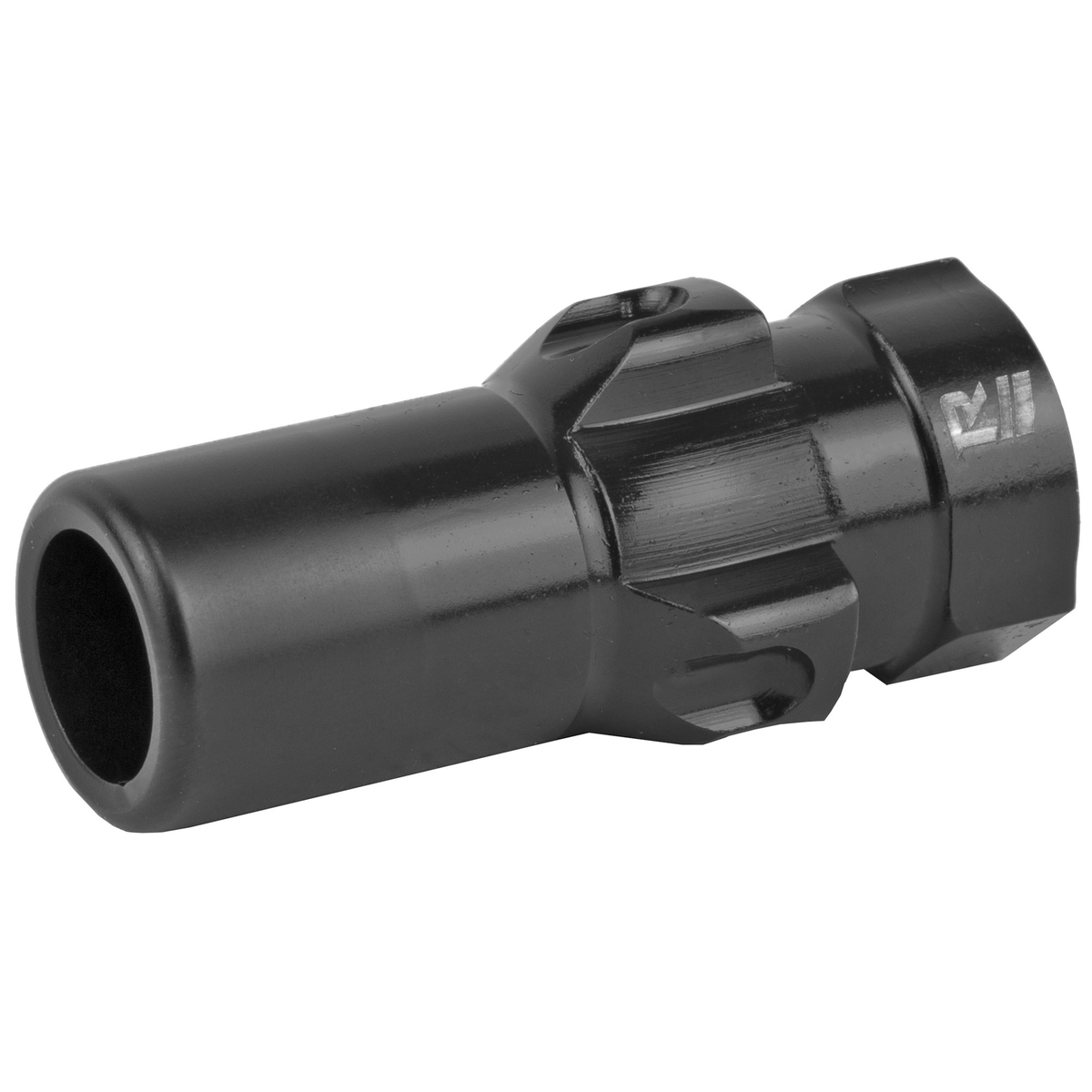
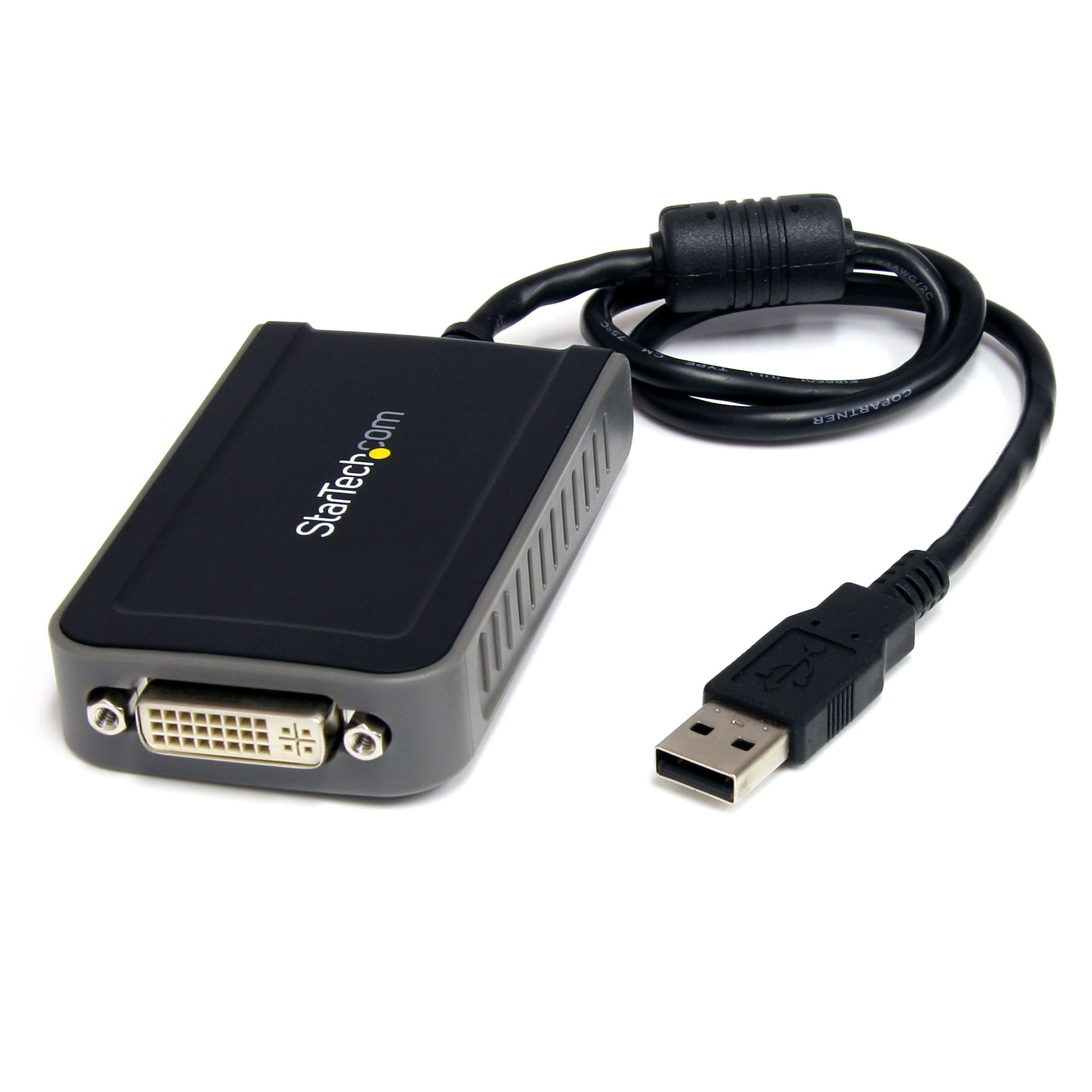
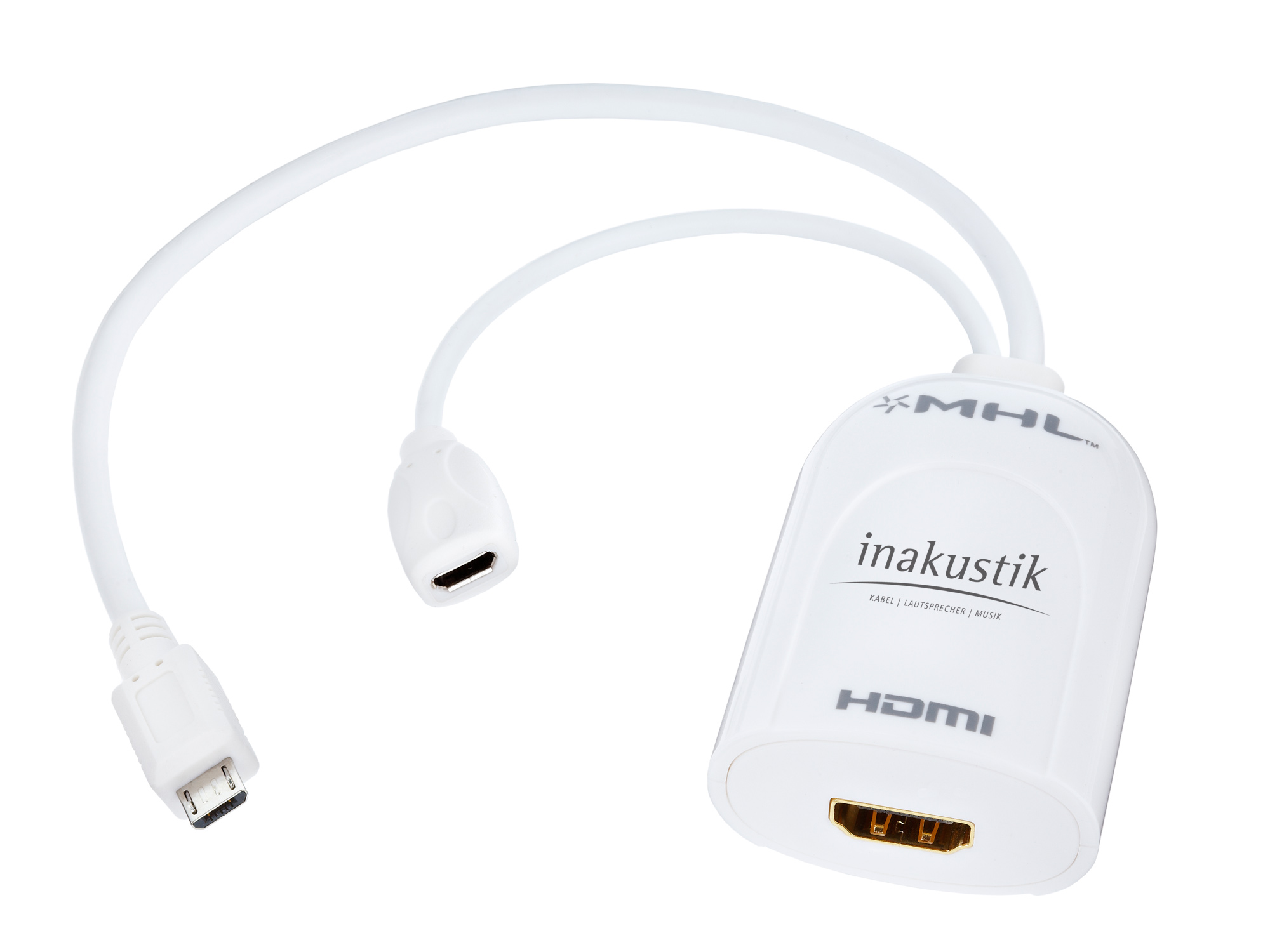
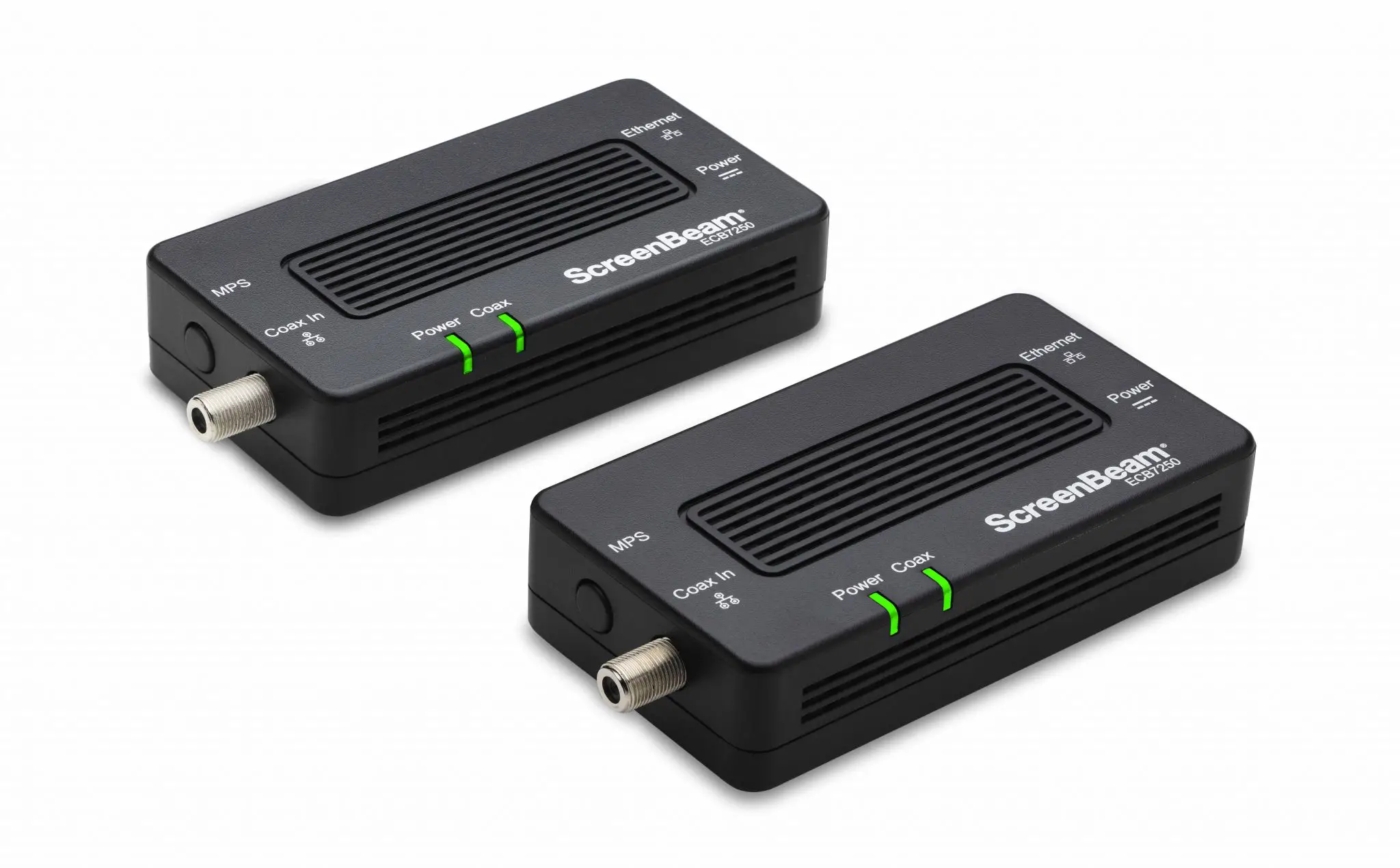
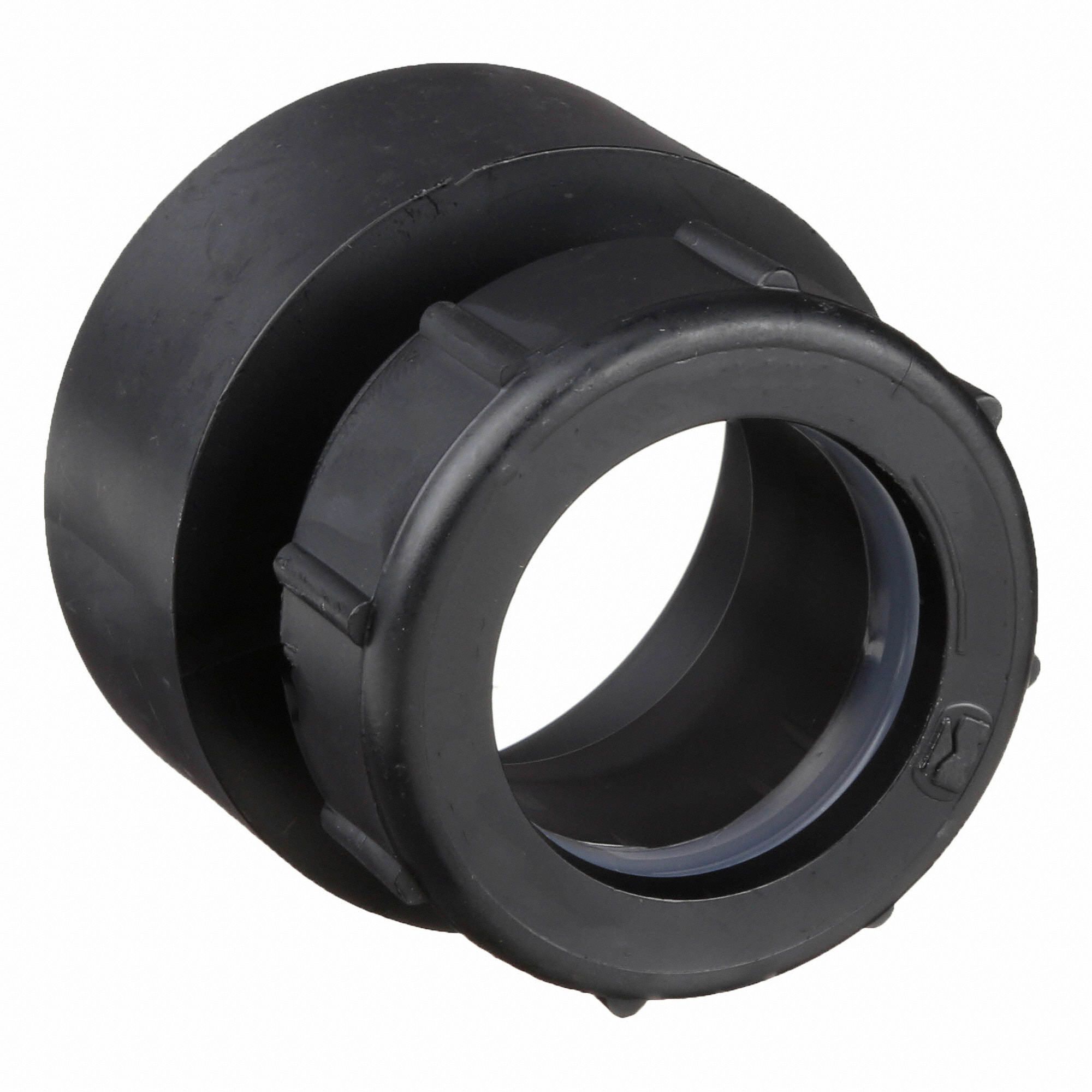
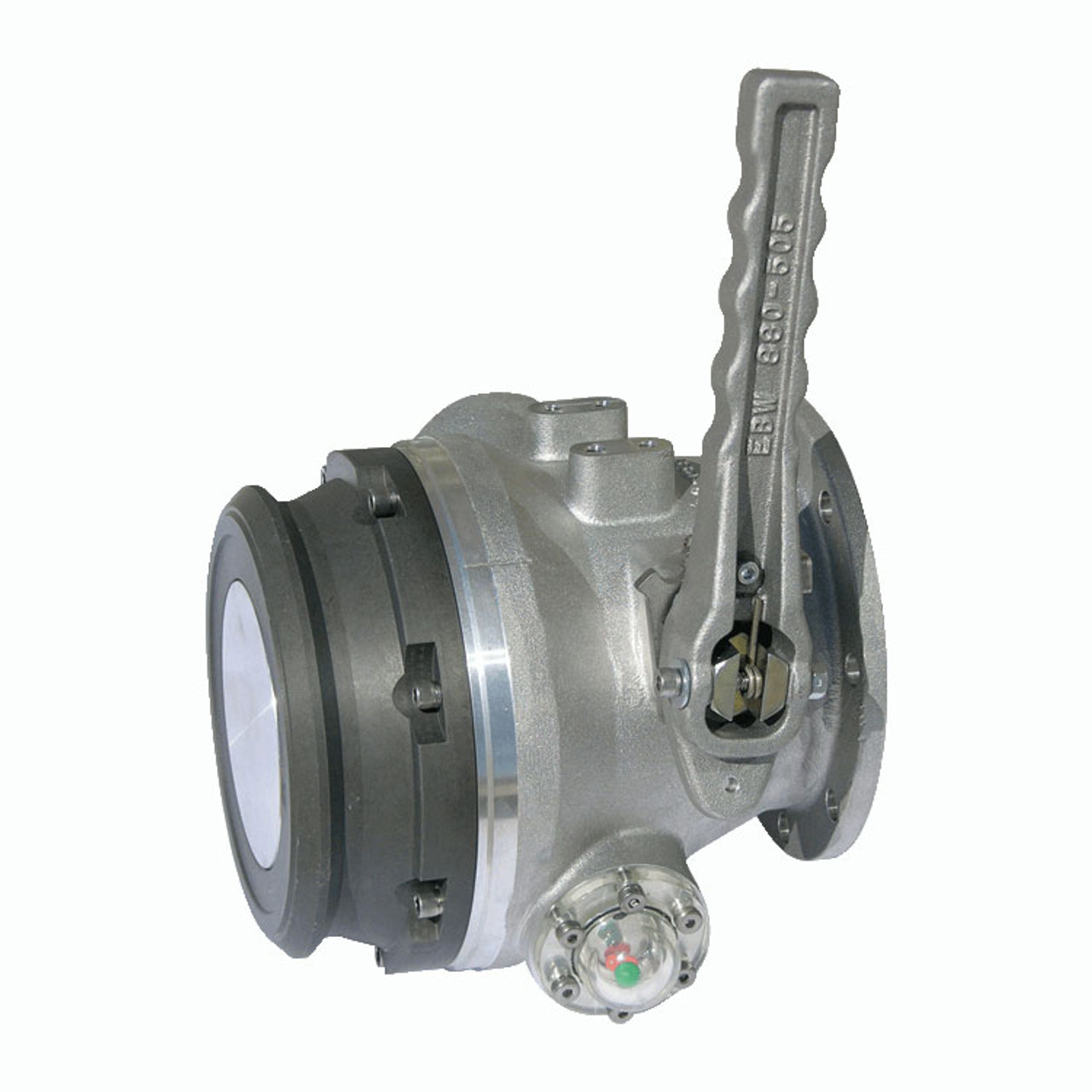
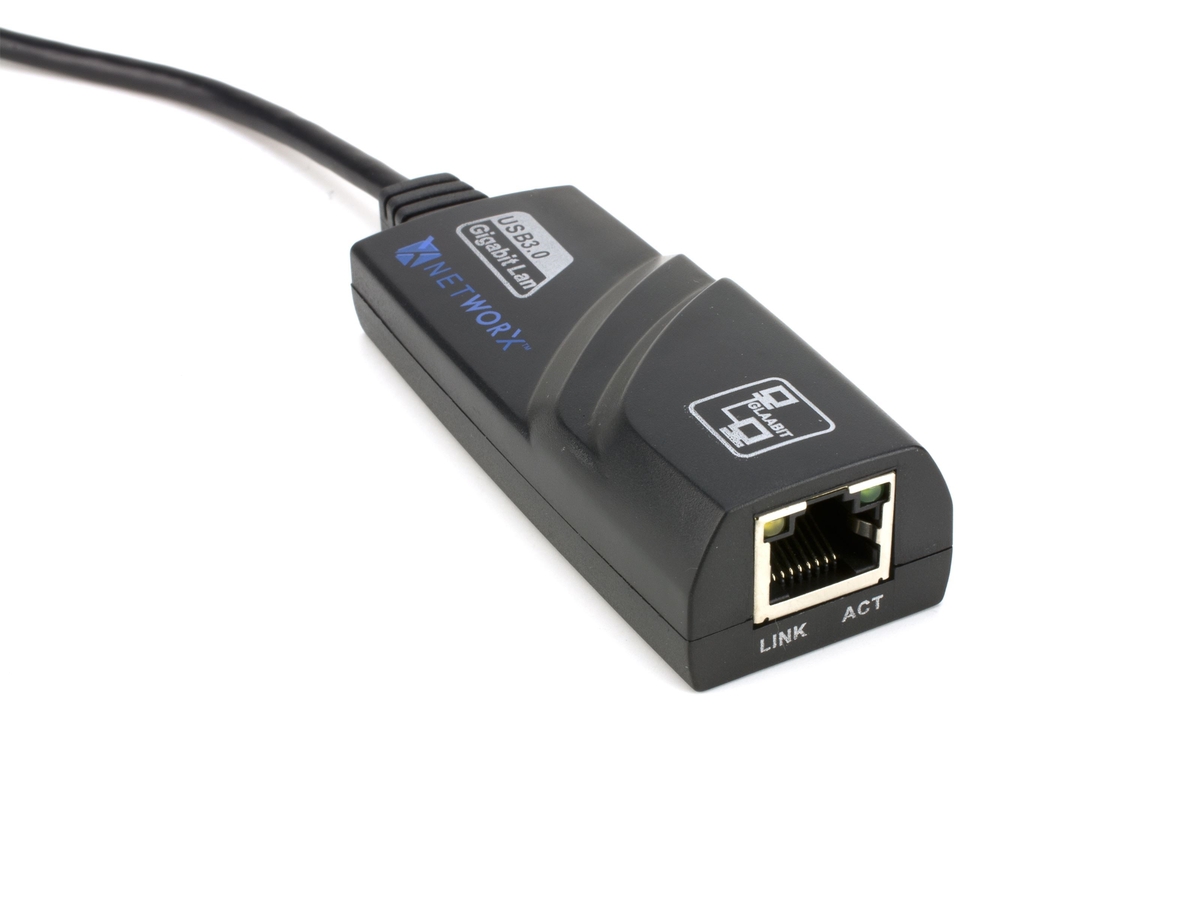
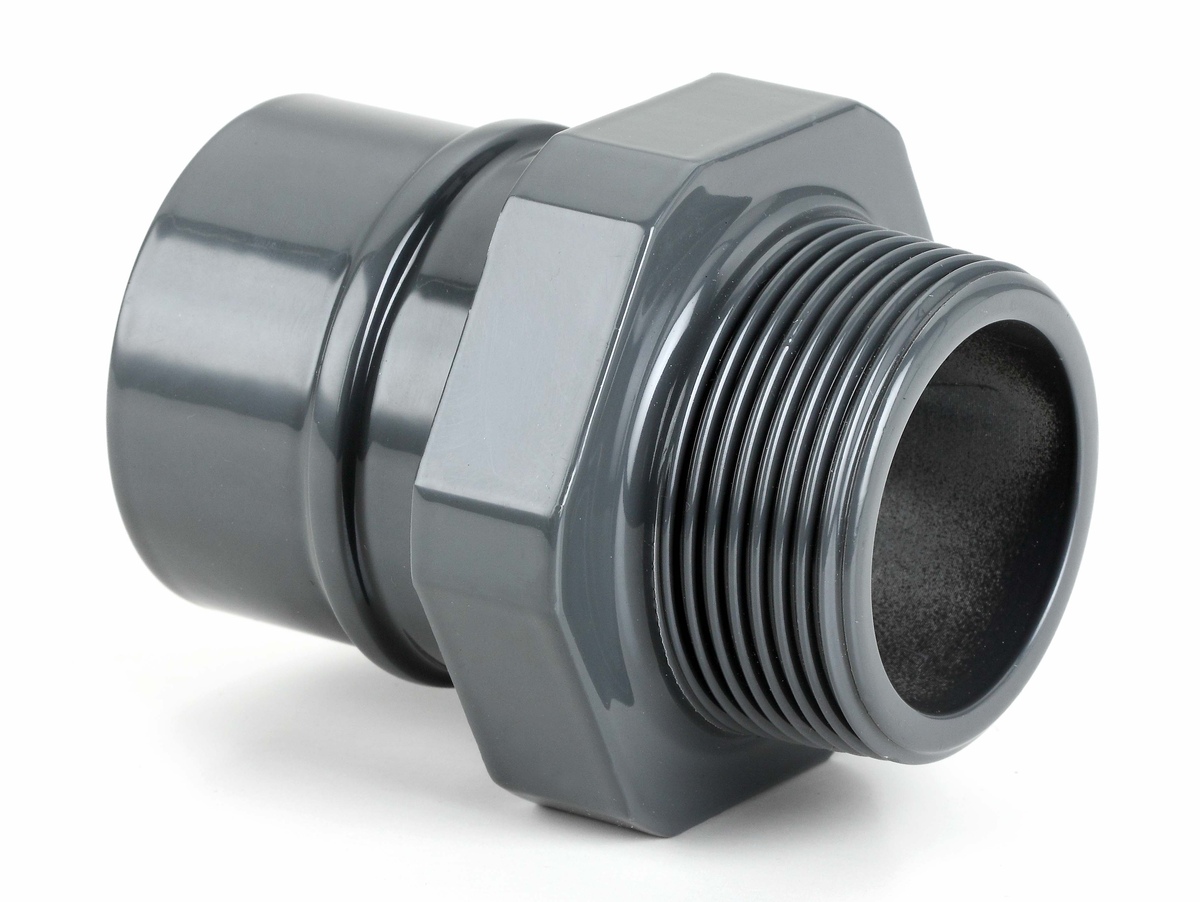
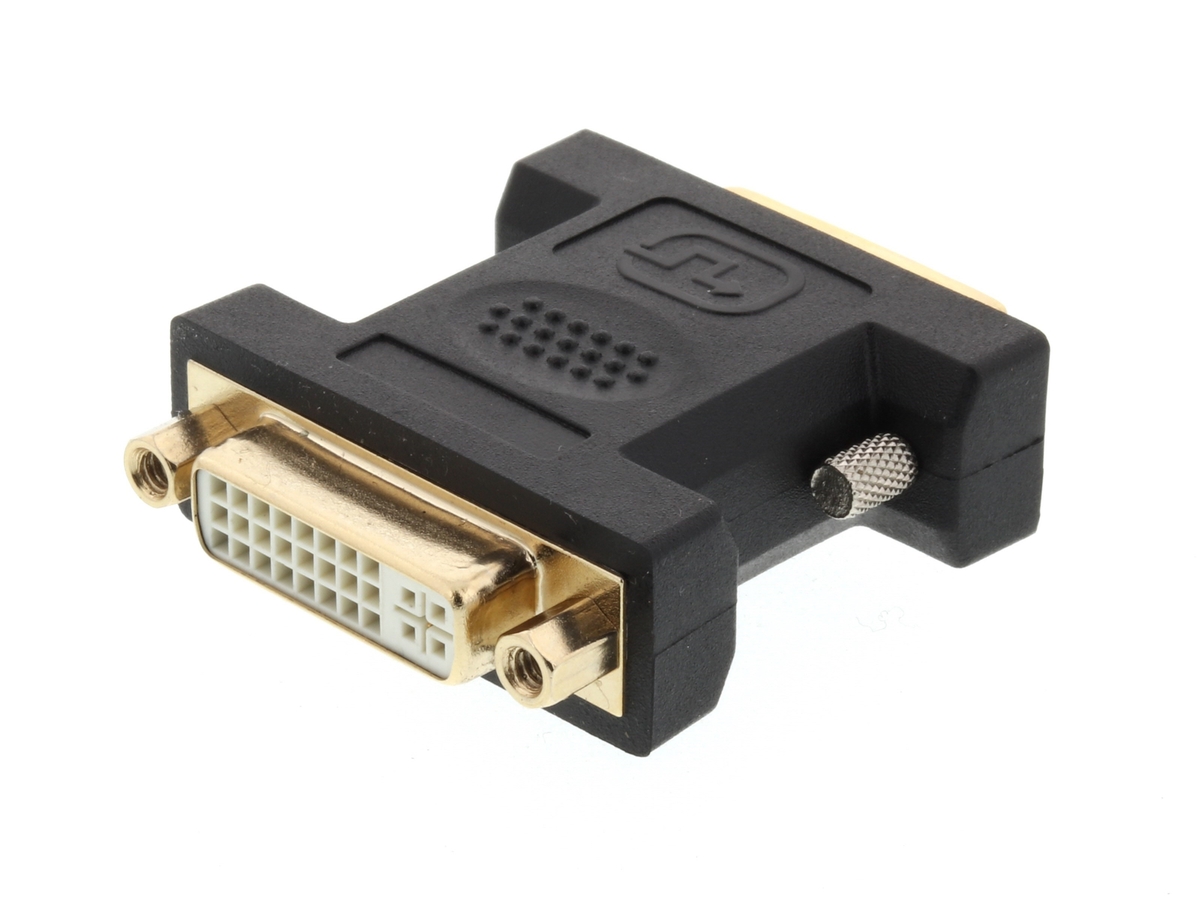
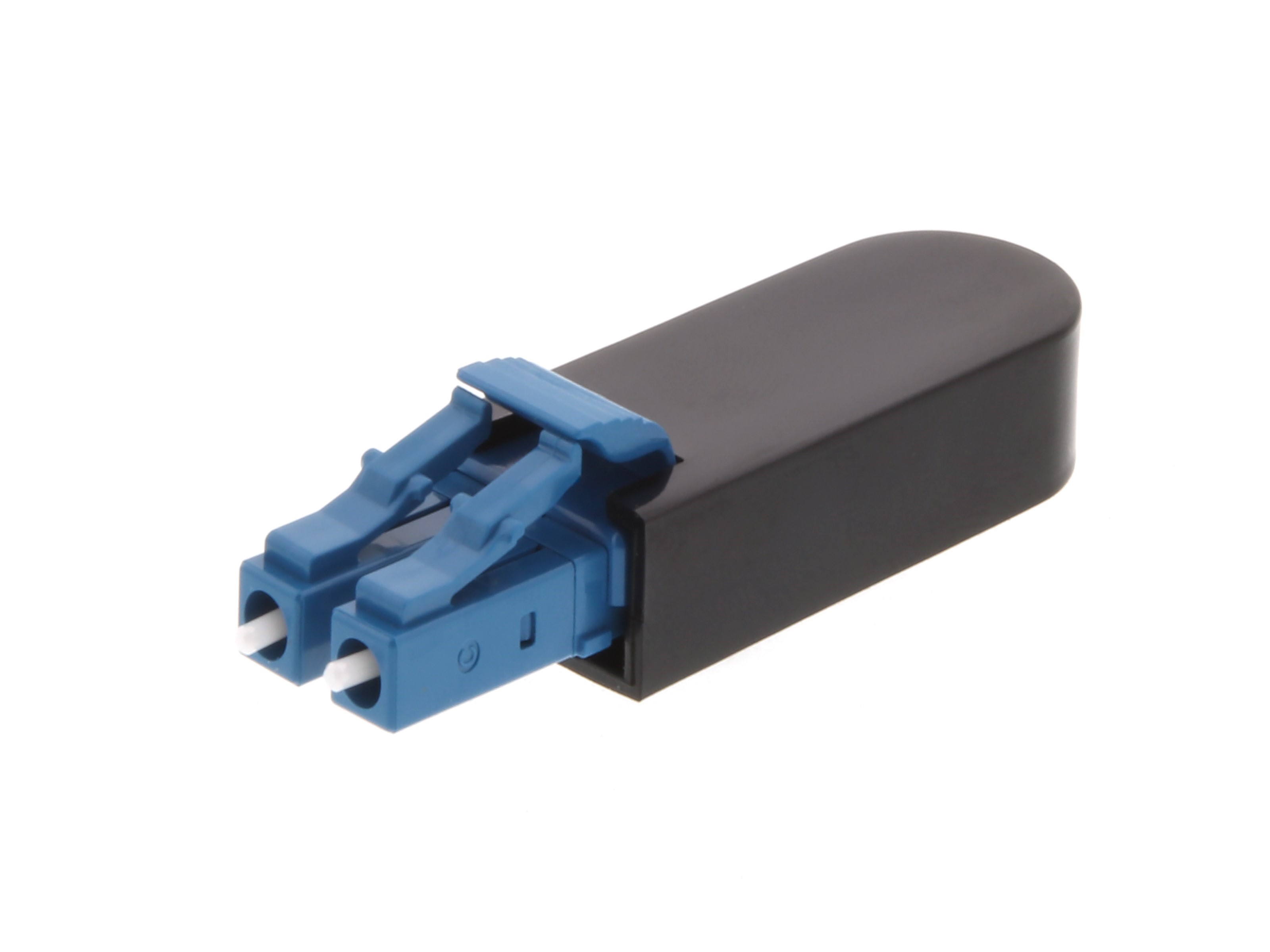
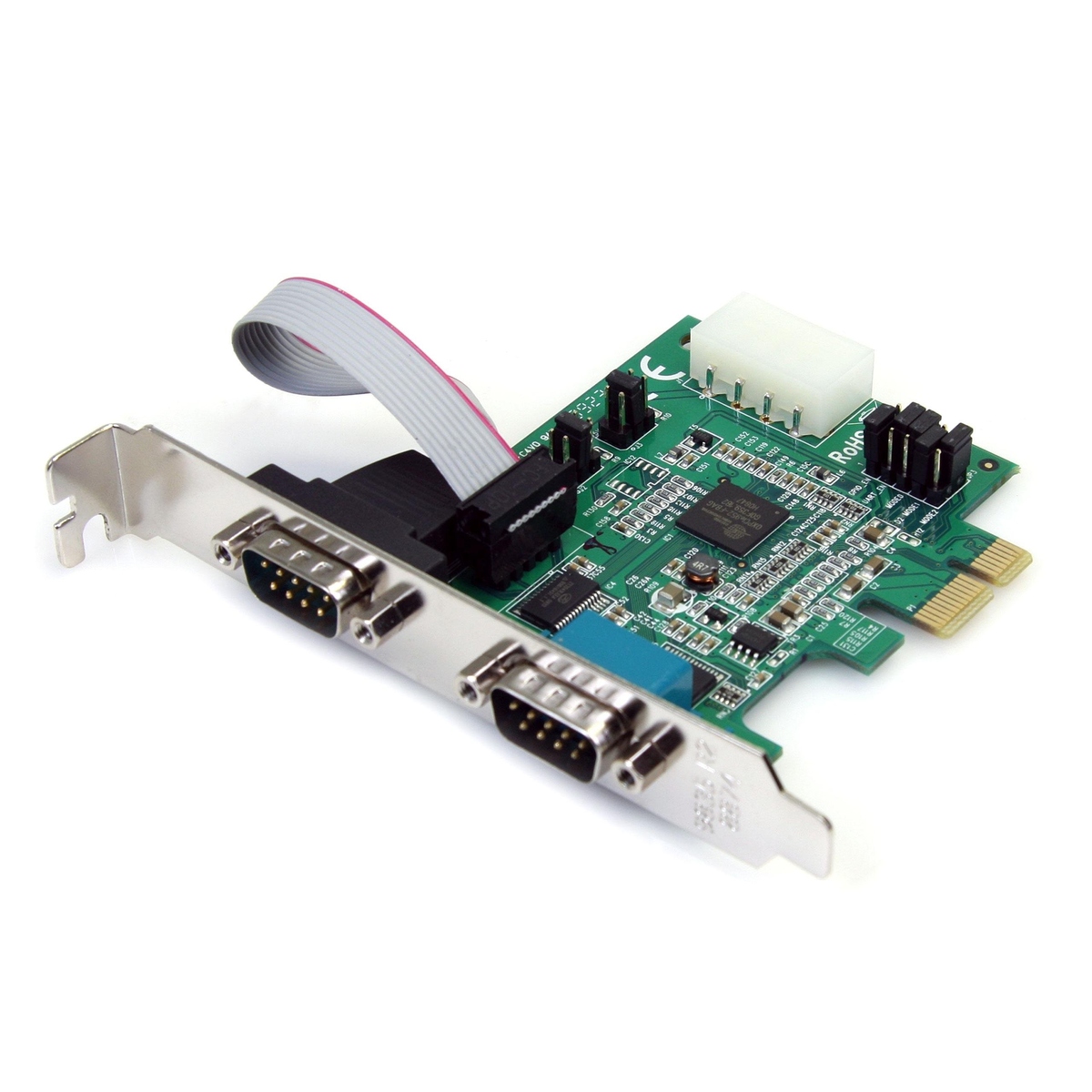
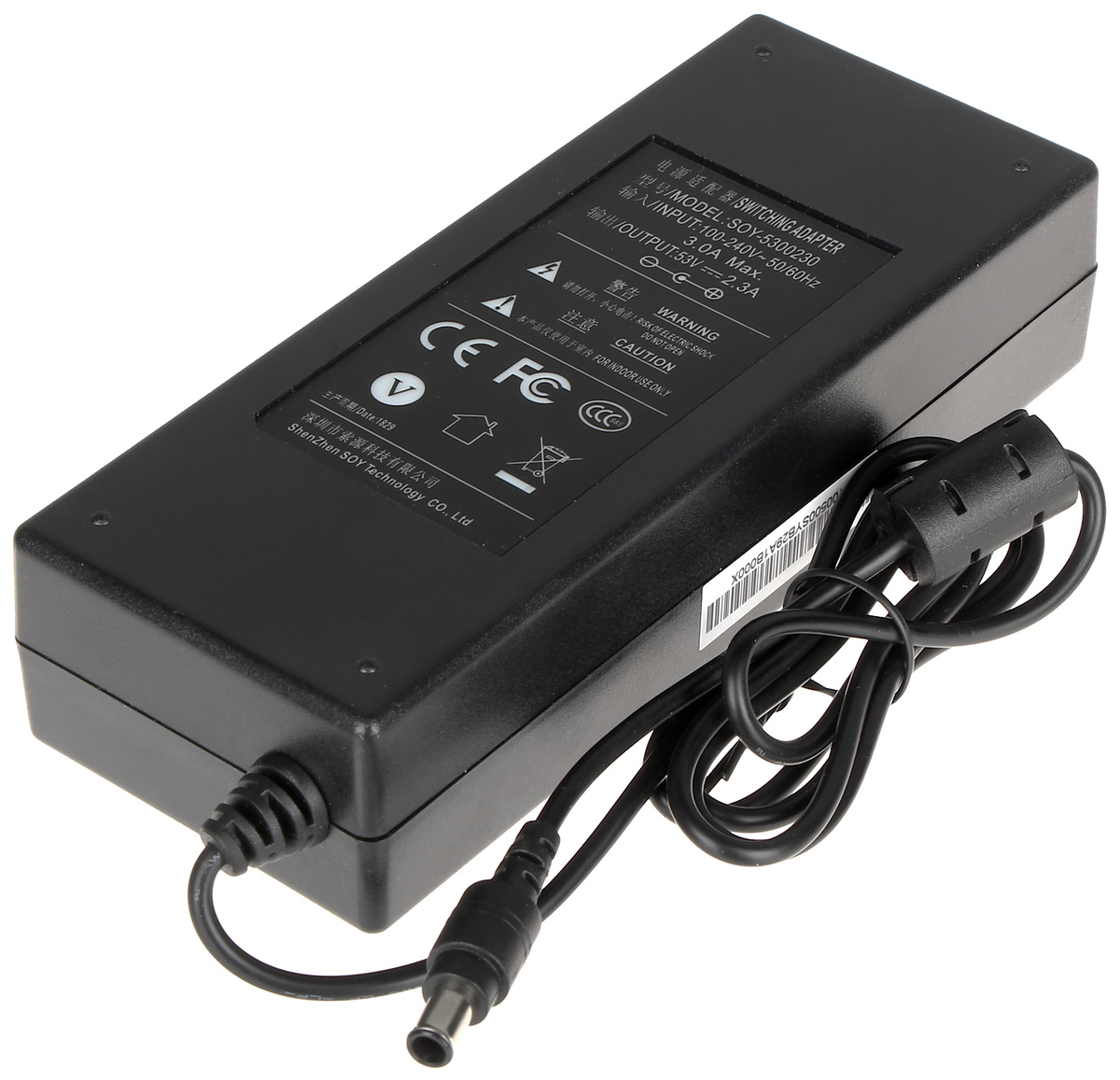
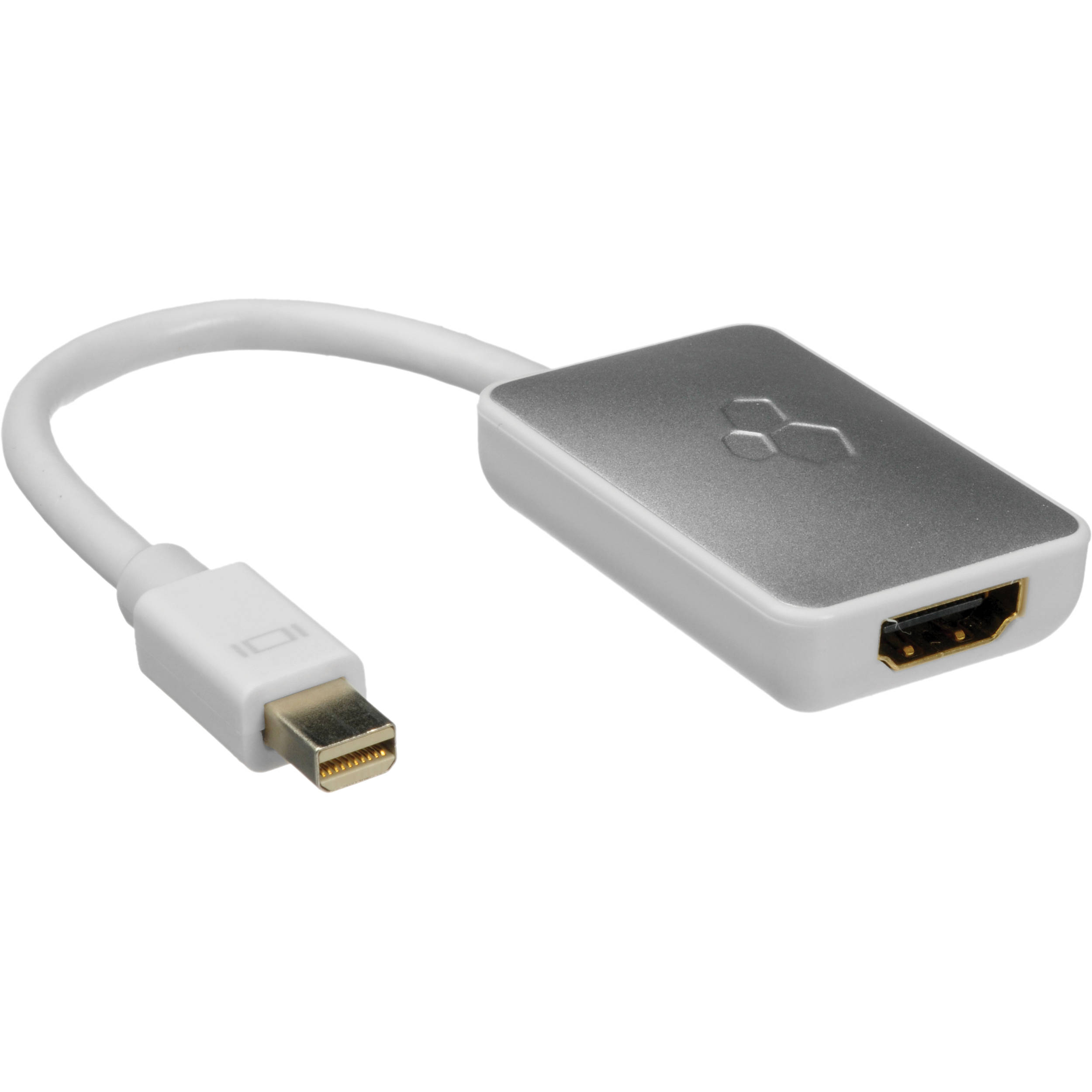

0 thoughts on “What Is A Host Bus Adapter”